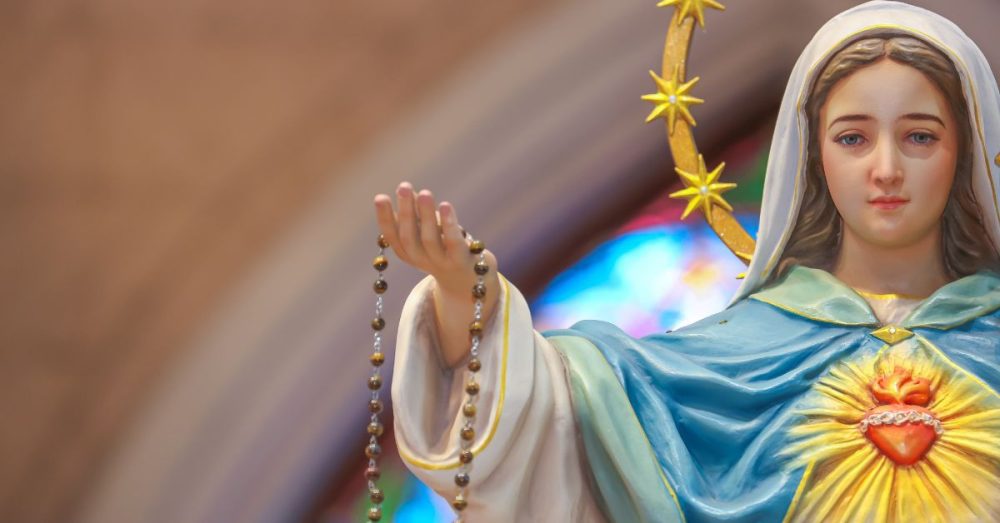Do virgins have birthdays? The View‘s Anna Navarro seems not to think so, according to her response to a tweet by former President Donald Trump.
A strange controversy started when Trump posted a “Happy Birthday Mary!” to the Virgin Mary on Truth Social on September 8.
Navarro, a regular talking head on CNN, ABC, and Telemundo, responded, “When you obviously know nothing about virgins…”
Navarro’s response was then hit with a Community Note that said, “Virgins have birthdays.” The note linked to a Wikipedia entry defining what virginity is.
Community Notes is a democratized fact-checking program that allows other users to fact-check or give context to potentially misleading or errant posts. It aims to “create a better-informed world by empowering people on X to collaboratively add context to potentially misleading posts. Contributors can leave notes on any post and if enough contributors from different points of view rate that note as helpful, the note will be publicly shown on a post,” according to X’s website.
The Merriam-Webster Dictionary defines virginity as “a person who has not had sexual intercourse.” While there are seven definitions of virginity in the dictionary, such as “[a beverage] containing no alcohol,” none have anything to do with having a birthday.
Therefore, it is unclear why Navarro thought virginity and having a birthday were mutually exclusive.
What are you talking about?!
— Lex Absurdum??/?? (@LexAbsurdum) September 8, 2024
Navarro’s tweet was widely lampooned online and shared more than 800,000 times. Many respondents, such as Lex Absurdum, said, “What are you talking about?!”
I truly can't believe she hasn't deleted this post.
— Joan Halbert (@JoanHalbert1) September 8, 2024
“I truly can’t believe she hasn’t deleted this post,” Joan Halbert tweeted.
While it is possible Navarro might have been raising some objection about the image Trump used for the Virgin Mary, which was, in fact, Our Lady of Guadalupe, this is a very fine and somewhat academic distinction for most readers.
The Virgin Mary and Our Lady of Guadalupe are the same being; however, Guadalupe is an apparition of Mary that is said to have appeared to Saint Juan Diego outside of (modern-day) Mexico City.
While they have the same assumed birthday, they have separate feast days and play similar but different roles in Western European/American Catholicism and Mexican Catholicism, respectively.
Nevertheless, if this was Navarro’s point, she did not plainly articulate it.
Like her son’s mysterious birthday, which is largely celebrated on December 25 in Western Christendom, the Madonna’s birth date is likewise unknown. Catholics and Protestants largely recognize Mary’s birthday, also known as the Nativity of the Blessed Virgin Mary or Marymas, on September 8.
Why? Because that is the date Christians settled on centuries ago, and it has continued.
Little is known about Mary’s birth, which is not recorded in the Bible. The apocryphal Gospel of James (5:2) says that Mary’s parents were Saint Anne and Saint Joachim.
In contrast, Christ’s birth is documented in the traditional Biblical Canon. Both the Gospel of Matthew and the Gospel of Luke have passages that explicitly describe the birth of Christ. Luke’s account is the most detailed and covers everything from Jesus’ genealogy to Jesus being presented to God in the Temple and more.
Yet each account neglects to give the exact date of Jesus’ birth.
However, some believe He might have been born in the fall because Christ lived to be 33 1/2 years old and was crucified in the first quarter of the year 33 AD. A little birthday math would indicate that He must have been born in September/October.
Ultimately, Christians settled on December 25 as the date of celebration during the conversion of Europe because of a prior pagan festivity focused on the winter solstice and the start of the new solar cycle.


